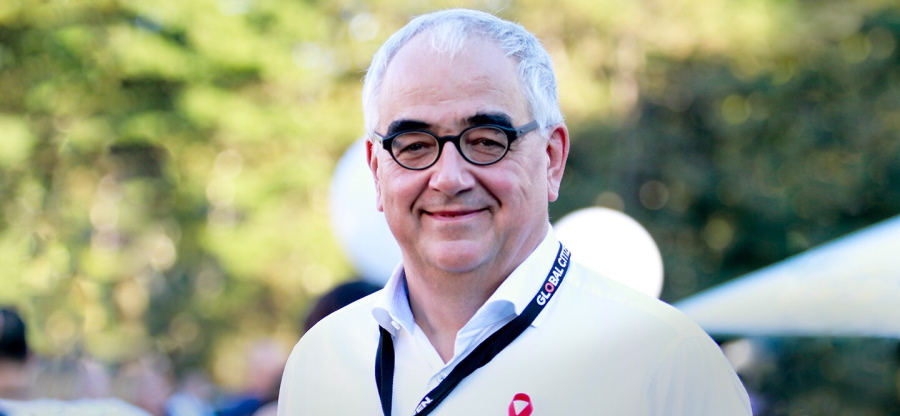Galapagos' new CEO Paul Stoffels wields axe in bid to go 'forward, faster'

When long-serving Johnson & Johnson R&D chief Paul Stoffels cut short his retirement to take the helm at Galapagos earlier this year, it was clear he faced a challenge to steer the troubled Belgian biotech back on course.
Several months later, and Stoffels (pictured above) has charted the way ahead under a new strategy he calls 'forward, faster', which includes shedding around 200 people from Galapagos' total headcount of around 1,300 to conserve cash while the restructuring takes place.
Top of the list of three new pillars of the strategy is a switch from Galapagos' previous drug discovery approach focused on novel drug targets – which attracted a big alliance with Gilead Sciences, but has so far failed to deliver as hoped – to one focused more on patient centricity and medical need.
There is also a narrowing of its therapeutic range – exiting fibrosis and kidney disease in favour of greater efforts in immunology and oncology – and an increase in business development deals to strengthen Galapagos' pipeline, which will be fuelled by healthy cash reserves of around €4.3 billion.
According to Stoffels, the reboot will result in a "new fit-for-purpose organisational structure and operating model" that will "reshape" the way the company innovates and operates, with a tighter focus on well-validated targets and diseases with shorter development timelines.
Galapagos is in the roll-out phase for its first commercial products – JAK1 inhibitor Jyseleca (filgotinib) for rheumatoid arthritis – which has been approved in Europe and Japan, but fell foul of FDA concerns about the class's safety and was rejected in the US.
The regulatory setback led partner Gilead– which bought into Galapagos pipeline in a $5.1 billion deal announced in 2019 – to hand back rights to Jyseleca, although the partners are still collaborating on other projects.
Jyseleca has made €60.5 million (around $59 million) in net sales as of the end of September, and is on course to make €80 to €90 million for the full-year, said Galapagos in its third-quarter results statement.
Last month, the EU regulator said it was recommending that JAK drugs continue to be used in rheumatoid arthritis patients after a safety review, but that those with risk factors for side effects should try other therapies first.
Galapagos has also suffered other hits to key pipeline projects, including idiopathic pulmonary fibrosis (IPF) candidate ziritaxestat, two SIK inhibitors for psoriasis and ulcerative colitis, and Servier-partnered AdamTS-5 inhibitor GLPG1972 for osteoarthritis.
Its pipeline after Jyseleca now features TYK2 inhibitor GLPG3667, which is scheduled to start a phase 2 trial in dermatomyositis later this year, and CD19-targeted CAR-T therapies in mid-stage testing for non-Hodgkin lymphoma (NHL) and chronic lymphocytic leukaemia (CLL), acquired as part of the CellPoint takeover.













